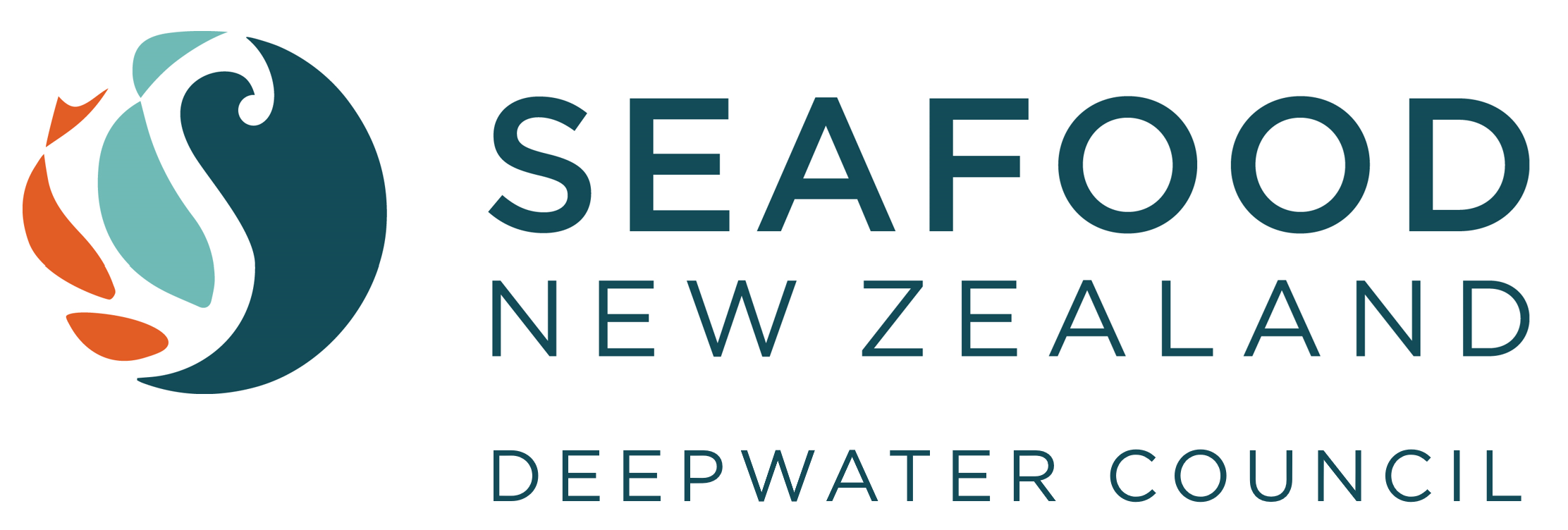03 May 2012
New Zealand Southern blue whiting trawl fishery gains Marine Stewardship Council certification
The New Zealand Southern blue whiting trawl fishery has been certified as sustainable against the Marine Stewardship Council (MSC) standard for a sustainable and well managed fishery, and its products can now bear the blue MSC ecolabel.
The fishery has demonstrated - through the rigorous, independent assessment process conducted by Intertek Moody Marine – the fish stocks being targeted are healthy, the fishing practices have minimal impact on the marine eco-system and overall the fishery is well managed.
About the fishery
The certification covers the vessels nominated by Deepwater Group operating in the Bounty Platform, Campbell Island Rise and Pukaki Rise management areas within the New Zealand Exclusive Economic Zone (EEZ).
Catches of Southern blue whiting are taken mostly by semi-pelagic trawling methods.
The volume of whiting taken in these management areas varies depending on the allowable catch set annually by the NZ Ministry for Primary Industries (formerly the Ministry of Fisheries). This is determined through a quota management system (QMS) with the goal being to maintain stock levels to support maximum sustainable yields.
In 2010/11 the total allowable commercial catch (TACC) set by Government under the QMS was 44,848 tonnes and in that period approximately 39,000 tonnes was landed.
The certified vessels use mitigation devices (i.e. bird bafflers and tori lines) and manage fish waste discards to reduce interactions with seabirds. A Marine Mammal Operating Procedure has also been implemented to minimise marine mammal captures among the deepwater fleet. Trawling operations in the fishery occur over a relatively small area that does not change substantially from year to year, resulting in a low level of impact on seabed habitats.
Deepwater Group and the NZ Ministry for Primary Industries has taken a partnership approach to fisheries management, underpinned by a Memorandum of Understanding outlining the prime fishing areas and a work plan to better manage deepwater fisheries.
Processed on board factory vessels, the majority of the whiting caught is exported to markets in Europe, Japan, Russia and Spain. Southern blue whiting makes a high quality surimi product with one third of the catch being sent to Japan and the USA in this form. Whiting fillets are also exported to Australia.
What the fishery operators say
“We’re very pleased that the fishery has met the Marine Stewardship Council’s rigorous environmental standards,” said the group’s chief executive George Clement.
“The endorsement has confirmed for our customers what we already know – that a co-operative approach to fisheries management, backed up by excellent science and New Zealand’s world leading quota management system, gets results.”
What the MSC says
MSC Manager, Pat Caleo, says: “The certification of the NZ Southern blue whiting fishery is a great result and is a tribute to the effective management of the fishery by the Ministry for Primary Industries and the NZ fishing industry itself.”
“Deepwater Group should be commended for undertaking, and meeting, such a scientifically rigorous and transparent assessment of their fishing practices. This is the first Southern blue whiting fishery in the world to gain MSC certification, and we expect demand for these products to be high in key export markets.”
ends
